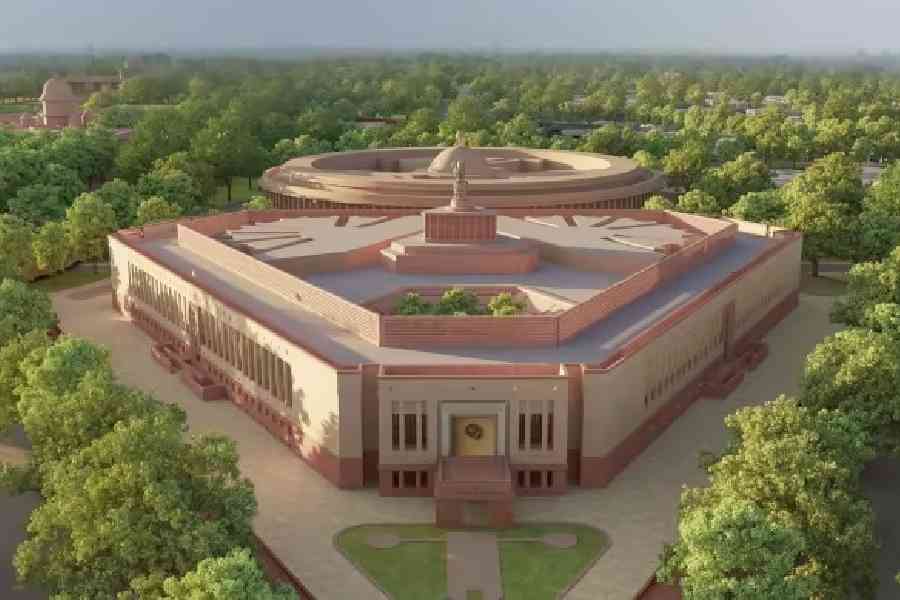The Union cabinet on Wednesday approved the introduction of a bill in Parliament to create the National Research Foundation (NRF), an apex body under the science and technology ministry to steer and fund scientific research in the country.
The bill, if approved, will establish the NRF — an entity proposed by the National Education Policy 2020 to promote research in universities and other academic institutions — with an estimated spending of about Rs 50,000 crore between 2023 and 2028.
The bill will also repeal the science ministry’s Science and Engineering Research Board (SERB) that had been established in 2008 and subsume it within the NRF which has an expanded mandate, the Centre said in a media release.
The NRF will seek to forge collaborations between industry, academia, government departments, and research institutions, create a mechanism for contributions from industries and state governments, and encourage increased spending on research by industry, the Centre said.
The Prime Minister’s Science Technology and Innovation Advisory Council (PM-STIAC) had in a project report on the NRF noted that “an absence of integrated planning and coordination” was among the “impediments” to research. India’s research capabilities are not likely to be realised through the existing structure by a mere funding increase, the PM-STIAC had said, outlining the rationale, scope, structure, and objectives of the NRF.
Sections of India’s science community have largely welcomed the plan for the NRF but cautioned that its effectiveness in evaluating research proposals and disbursing funds will determine whether the new architecture will provide gains over the existing mechanisms.
“The NRF is a good idea in its concept… the current system doesn’t have an annual schedule for submitting proposals, completing their evaluation, and disbursing funds,” said a scientist in a central government research institution whose projects have received funds through existing mechanisms.
“Often, the first year’s funds are released, but subsequent years’ funds are delayed for long periods,” the scientist who requested anonymity told The Telegraph. “Personnel appointed on projects cannot be paid and competitiveresearch cannot be done without timely disbursements. Any change that addresses such problems would be welcome.”
Another scientist in a different central academic institution said: “The motivation for its creation and some of the envisaged programmes are transformative with a view to impact all sections of the science ecosystem.... But how successful it is in improving the research landscape will depend on how it is actually implemented.”











